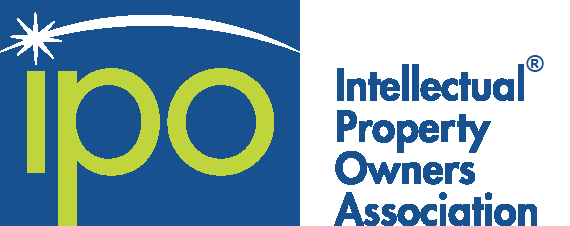The oral argument in Oil States might not take place for months, but conversations about the case already enliven the offices of IP practitioners both in-house and at law firms. If the U.S. Supreme Court decides that AIA post-grant proceedings are unconstitutional, some think a period of chaos will follow, throwing into doubt, for instance, the status of the more than 1,300 patent claims the Patent Trial and Appeal Board has already canceled. In addition to vast practical implications, the case also will force contemporary answers to legal and philosophical questions about patents that somehow need to be adjudicated despite hundreds of years of U.S. case law: are patents private property that can only be invalidated by an Article III court? Or are they a public right closely entwined with a federal agency, thus giving the agency the power to revoke?
Our panel will offer a uniquely informed and balanced discussion of the case. It includes a patent professor who is strongly identified through his writing and research with the argument that patents are private rights; a top Supreme Court litigator who recently argued on behalf of an IPR petitioner in a recent petition for cert. (that was denied) that the validity of a patent concerns a public right that can be cancelled by the agency that erroneously granted the patent; and an appellate lawyer who argued a 2011 Supreme Court case, Stern v. Marshall, that concerned the constitutionality of adjudicating matters outside of Article III courts and resulted in a major disruption of bankruptcy courts.
Speakers:
- William Jay, Goodwin Procter LLP
- Prof. Adam Mossoff, George Mason University
- Kent Richland, Greines, Martin, Stein & Richland LLP

